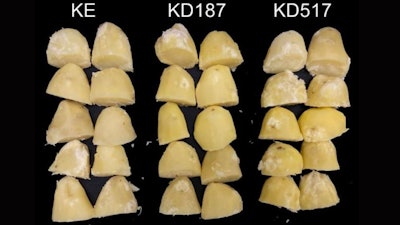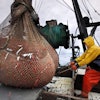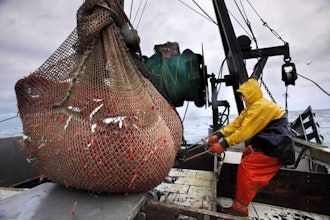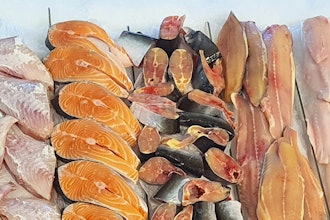
Scientists have made a significant breakthrough in agricultural biotechnology by using CRISPR/Cas9 to edit the potato genome, resulting in plants with increased resistance to both biotic and abiotic stresses. This innovation could lead to a new era of sustainable farming, where crops are naturally fortified against diseases and harsh environmental conditions, ensuring a stable food supply in the face of climate change and other global challenges.
The global food system is under increasing pressure due to the compounding effects of climate change, which exacerbates the prevalence of pests and diseases in crops. Potatoes, being the third most important food crop worldwide, are particularly at risk. The quest for sustainable agricultural practices necessitates the development of crops that can withstand these adversities, prompting an urgent need for research into enhancing the inherent resilience of our staple foods.
Researchers from the Swedish University of Agricultural Sciences have made a significant breakthrough, as published in the prestigious journal Horticulture Research, on May 6, 2024. The study, which underwent rigorous peer review, presents a novel approach to potato genome editing that could redefine crop resistance.
Employing CRISPR/Cas9 technology, researchers have skillfully modified the StDMR6-1 gene in potatoes, endowing them with an extraordinary ability to fend off a range of diseases and environmental stressors. These potatoes have shown a notable increase in resistance to late blight and other afflictions, all without any compromise to their yield or tuber quality—key factors for agricultural success. Additionally, the edited plants have displayed improved tolerance to abiotic stresses like drought and salinity, indicating a wide-ranging resilience that is vital for sustainable agriculture.
Erik Andreasson, the corresponding author of the study, underscores its significance, noting, "Our research on the Stdmr6-1 mutants is poised to transform potato cultivation, offering a line of defense against the relentless challenges of climate change and the evolving threats of pathogens, securing our food supply for generations to come."
The implications of this research are far-reaching, promising a future where the agricultural sector could significantly reduce its dependence on fungicides and embrace a more sustainable approach to farming. The potential applications of this study extend beyond potatoes, offering a blueprint for enhancing the resilience of a variety of crops and contributing to a more robust agricultural framework capable of withstanding the test of time.






















